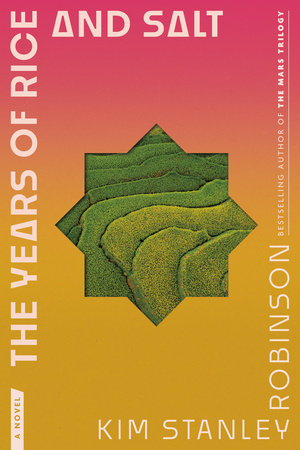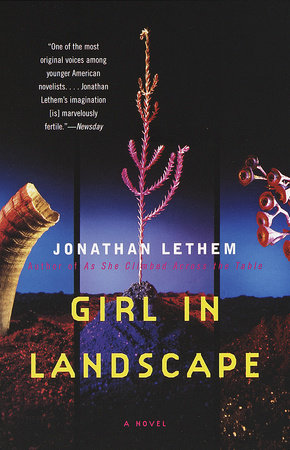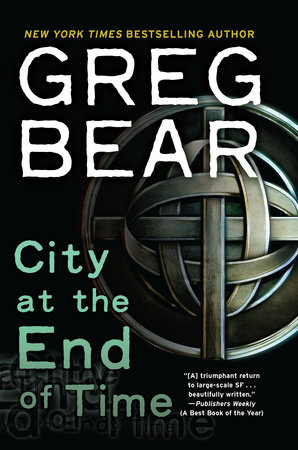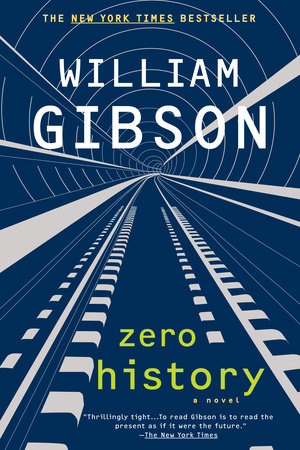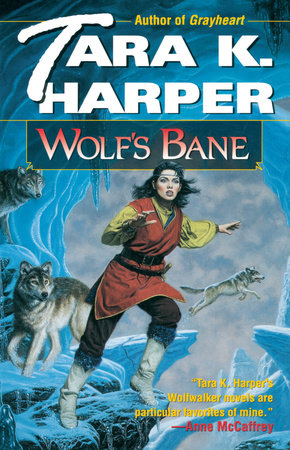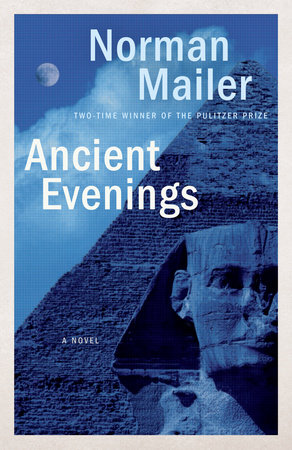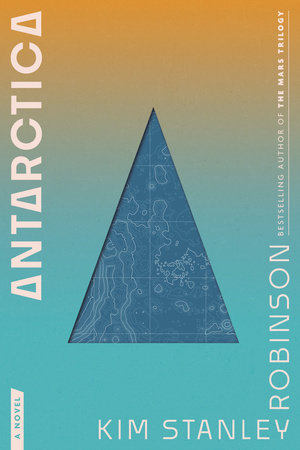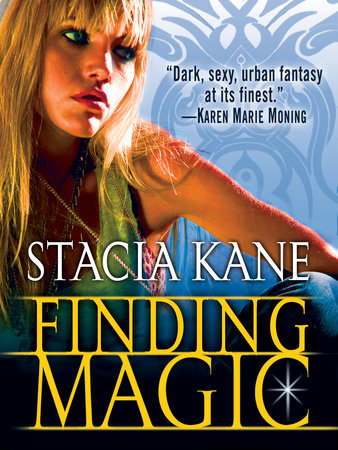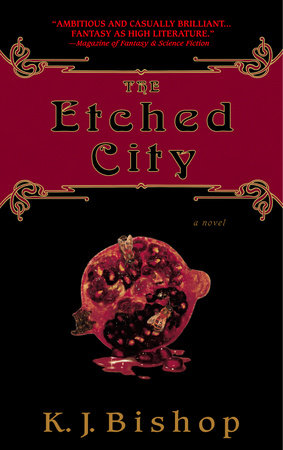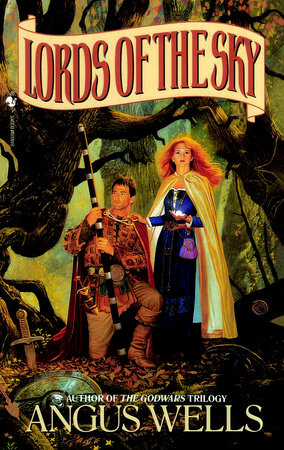"Why did Europe dominate the last five hundred years of world history?
This is one of those questions no one can really answer, but it is interesting to contemplate anyway, because it brings into play all the possibilities for explaining history: geography, economics, culture, science, genetics, chance.
One way of exploring the question is by way of the counter-factual; if there had been no Europe, what would have happened?
In my novel THE YEARS OF RICE AND SALT, I started around the time of Tamerlane’s final invasion of Europe, in 1420; his army pushes west and finds Europe entirely depopulated by a last devastating wave of the Black Death. From then on, everything changes. My novel follows world history through the course of the centuries, by tracking the adventures of a group of characters as they are reincarnated into life after life–this is, after all, a Buddhist world.
Would there have been a scientific revolution without Europe? I think so; everywhere people are equally clever, and science comes from people trying to make themselves more comfortable and secure, which is a universal impulse. Without Europe, a scientific and industrial revolution might have started later, because of the absence of the intellectual foundations of the Renaissance; but the metalworkers and the mathematicians and alchemists of India and China were making great progress before Europe conquered them, and so eventually it would have happened, somewhere or other; in my novel, in Samarkand, on the Silk Road, where all the world cultures once met to trade.
After that, technological progress becomes part of the story. Europe is reoccupied by the Moors of Andalusia; the New World is discovered and colonized by the Chinese from the West, and later by Islamic Europeans from the East. Thus much of the New World’s gold goes directly to China (where much of it ended up in our world anyway), and this helps to make China the great world power, along with the Islamic world, and a league of Indian states, and an emerging league of Native American states, based on the Iroquois, who are less devastated in this world than they are in ours, having been invaded mostly west-to-east.
All these developments result in a world that is not dominated by one civilization, but divided among, and contested for, by three or four major civilization groups, constellating around the Chinese and the Islamic states. It occurred to me that this might make the first big world wars even more devastating than they were in our history. Here, European powers fought each other and the world was devastated, even though they shared basic core values and assumptions. What if the first world wars were between cultures radically different, thinking it was a matter of hegemony or annihilation? The results could be very bad.
My book does not focus on this, but rather the possibilities for good—the reasons for hope, which keep springing up no matter what happens. Technological progress and social progress will happen in any possible world history. Thus, in my novel, by the time seven hundred years have passed, great wars have happened, the world is fractured in a number of competing civilizations, populations are growing, the environment is being damaged by a brutal industrial technology, there are dangers and glories everywhere. In all possible worlds, there will come a moment when the superstitious fundamentalisms of old hierarchies make a reactionary stand against a world of scientific progress in which all people are equal. In other words, although much in my book is very different from our world in its particulars, it is fair to say that much is also turns out fundamentally the same!
But then my novel goes on to describe the next seventy years."
